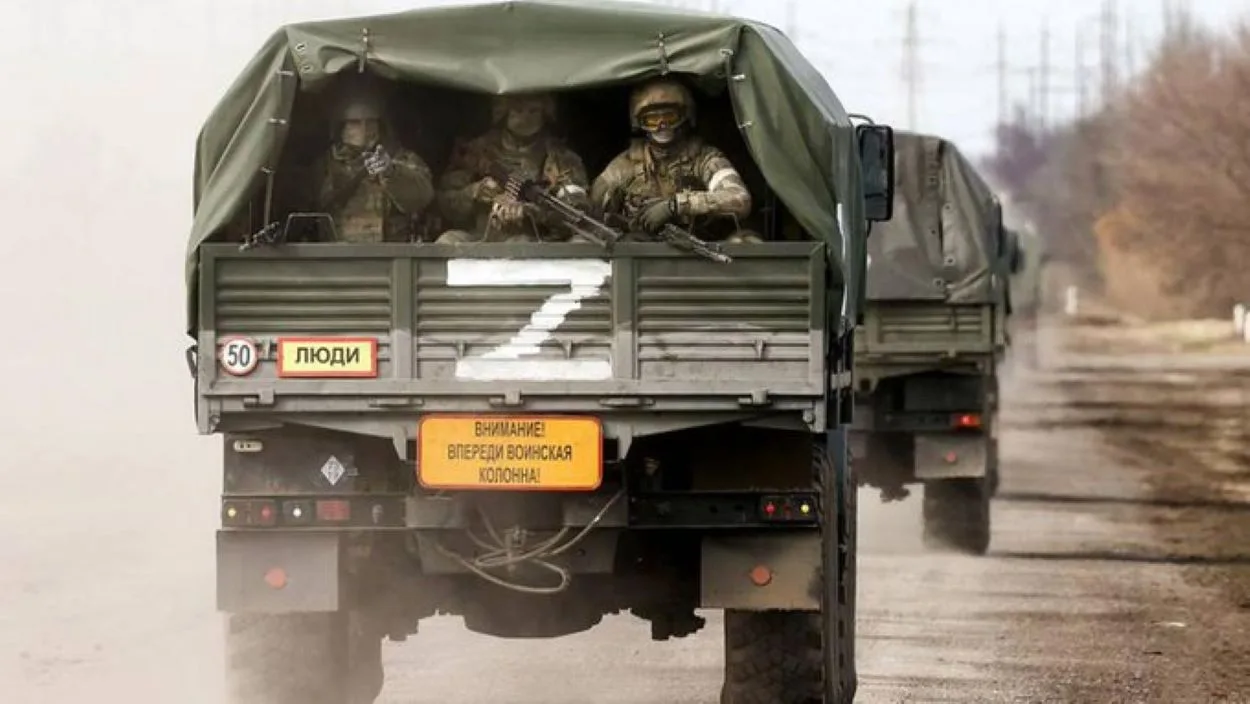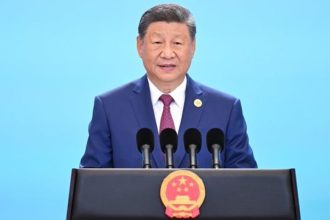Yevgeny Prigozhin, the leader of the Russian mercenary group Wagner, announced that his fighters had crossed the Russia-Ukraine border and were ready to confront Moscow’s military. The FSB security service initiated a criminal case against Prigozhin, calling on Wagner forces to disregard his orders and apprehend him. Prigozhin claimed that his fighters had entered the city of Rostov in southern Russia, expressing their determination to overcome any obstacles. He accused Russia’s military leadership of causing significant casualties among his troops in an alleged airstrike and vowed to retaliate.
While Prigozhin denied staging a military coup, his audio messages hinted at his militia’s possible march toward Moscow to remove the leadership of the defense ministry. Security measures were heightened in Moscow, and President Vladimir Putin received constant updates. The White House monitored the situation, and Kyiv stated that the major thrust of its counteroffensive against Russia had yet to be launched. A top Ukrainian general reported advances in the south, while the deputy commander of Russia’s Ukraine campaign urged Wagner fighters to obey Putin and return to their bases.
Prigozhin has been engaged in a bitter feud with Moscow, openly criticizing the leadership of the defense ministry. The standoff represented a significant domestic crisis for Putin since the deployment of troops into Ukraine last year. Ukrainian officials indicated that the main part of their counteroffensive had not yet begun, while casualties were reported from Russian attacks. The Ukrainian forces were probing weak points in the enemy’s defenses, and there were tangible successes in their advances.
General Vladimir Alekseyev appealed to Prigozhin to reconsider his actions, emphasizing that only the president had the authority to appoint the top leadership of the armed forces. Meanwhile, General Oleksandr Tarnavskyi reported losses among Russian forces and progress in the Tavria sector.






